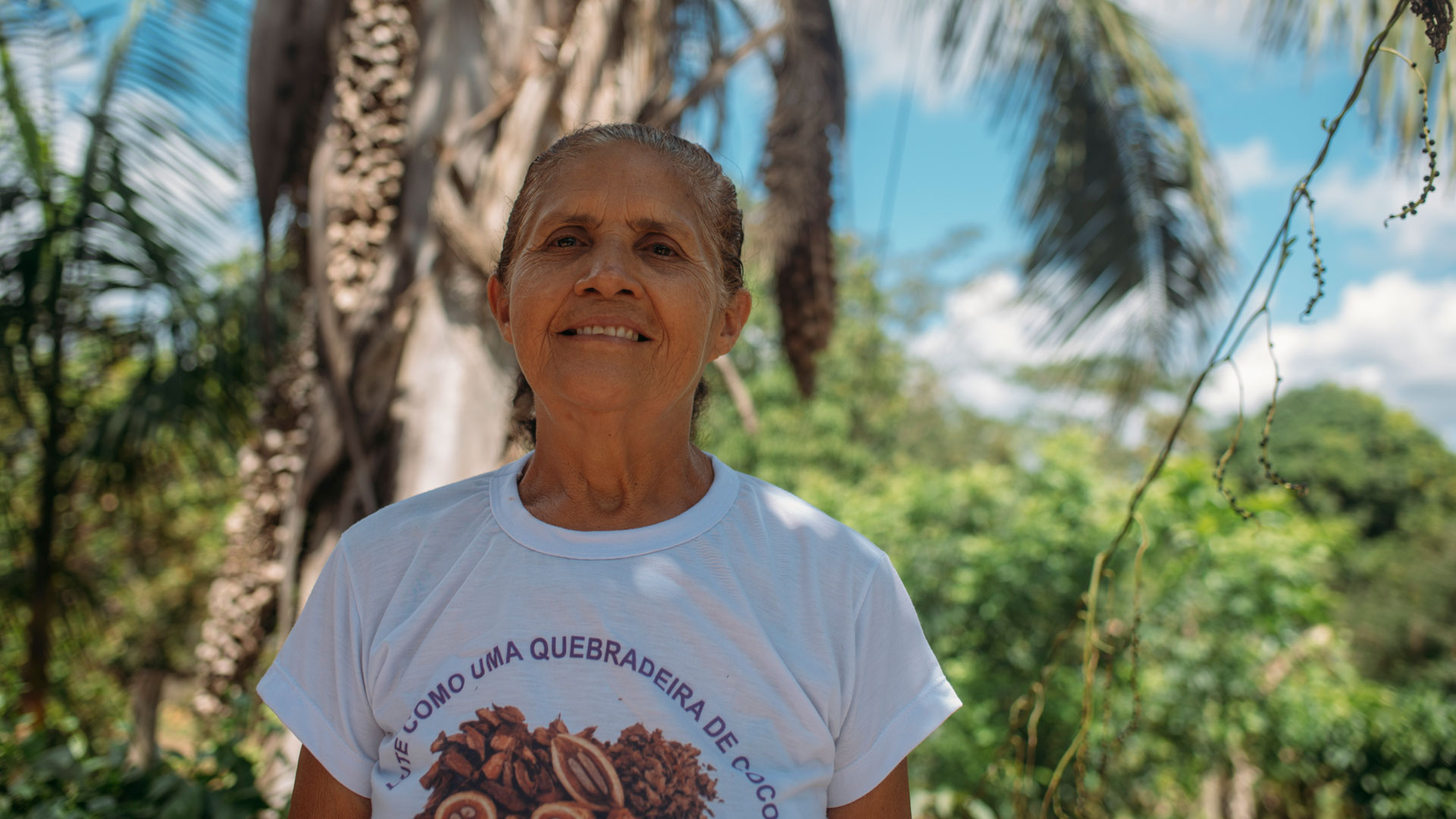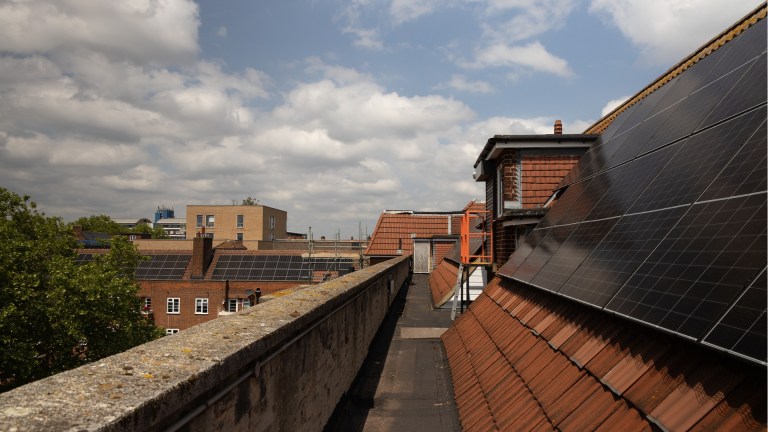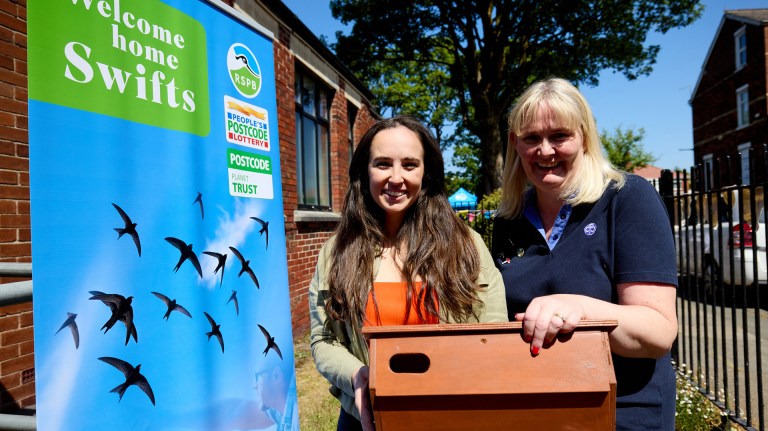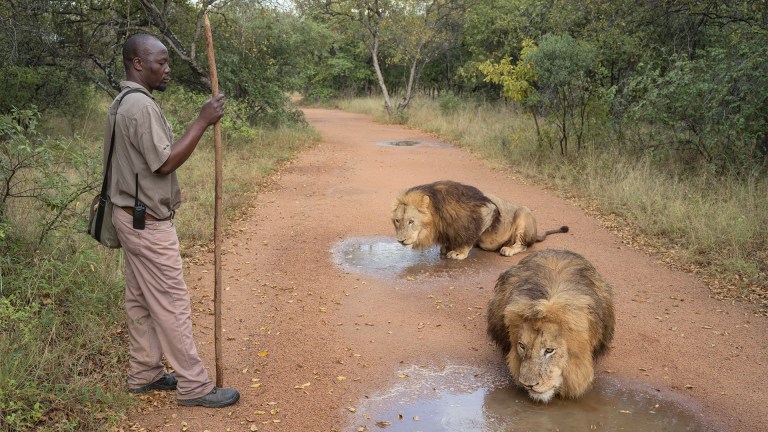In the forests of northeast Brazil, more than 350,000 women rely on the babassu palm tree to support their families. Their livelihoods are increasingly under threat from big business and creeping privatisation of the babassu groves.
But these women are not letting their traditional way of life go without a fight. More than 2,000 of them have joined together to form the Babaçu Coconut Breakers Movement [Movimento Interestadual de Quebradeiras de Coco Babaçu (MIQCB)], a female-led group at the forefront of the fight to protect human rights and the environment in which they live.
It’s a battle for their survival, but also an important frontier in the global struggle to halt runaway climate change. Once home to some of the biggest carbon sinks in the world, Brazil has lost an estimated 80 million hectares of natural forest since 1990. In its most recent report, the Intergovernmental Panel on Climate Change (IPCC) emphasised we cannot reach our goals to reduce carbon emissions without tackling deforestation and land use change.
Maria Alaídes Alves de Souza is at the sharp end of that clash. As the coordinator of the MIQCB in the states of Pará, Tocantins, Piauí and Maranhão, she protects the babassu forests as a common good, for community use. Speaking from her home in Largo do Junco, in Maranhão state, northeast Brazil she explained how the forests are being sold off to large scale agricultural businesses, who burn or poison the babassu trees, clearing the land to plant lucrative crops such as soybean, eucalyptus and sugarcane.
The Big Issue: How has deforestation and privatisation impacted you and your community?
Maria Alaídes Alves de Souza: Deforestation and the destruction of biodiversity of Amazon, Cerrado and the other biomes extremely impacts us. I’m one of more than 350,000 women engaged in the harvesting, processing, and marketing of the babassu coconut products, but this activity is constantly threatened by difficulty of access to land. The threat stems from large-scale farmers and ranchers who prevent women accessing babassu trees, because of their intention to expand agribusiness in the region. We as babassu coconut breakers also have difficulty gaining direct access to markets for our babassu products, which would provide greater security for our livelihoods and futures.










